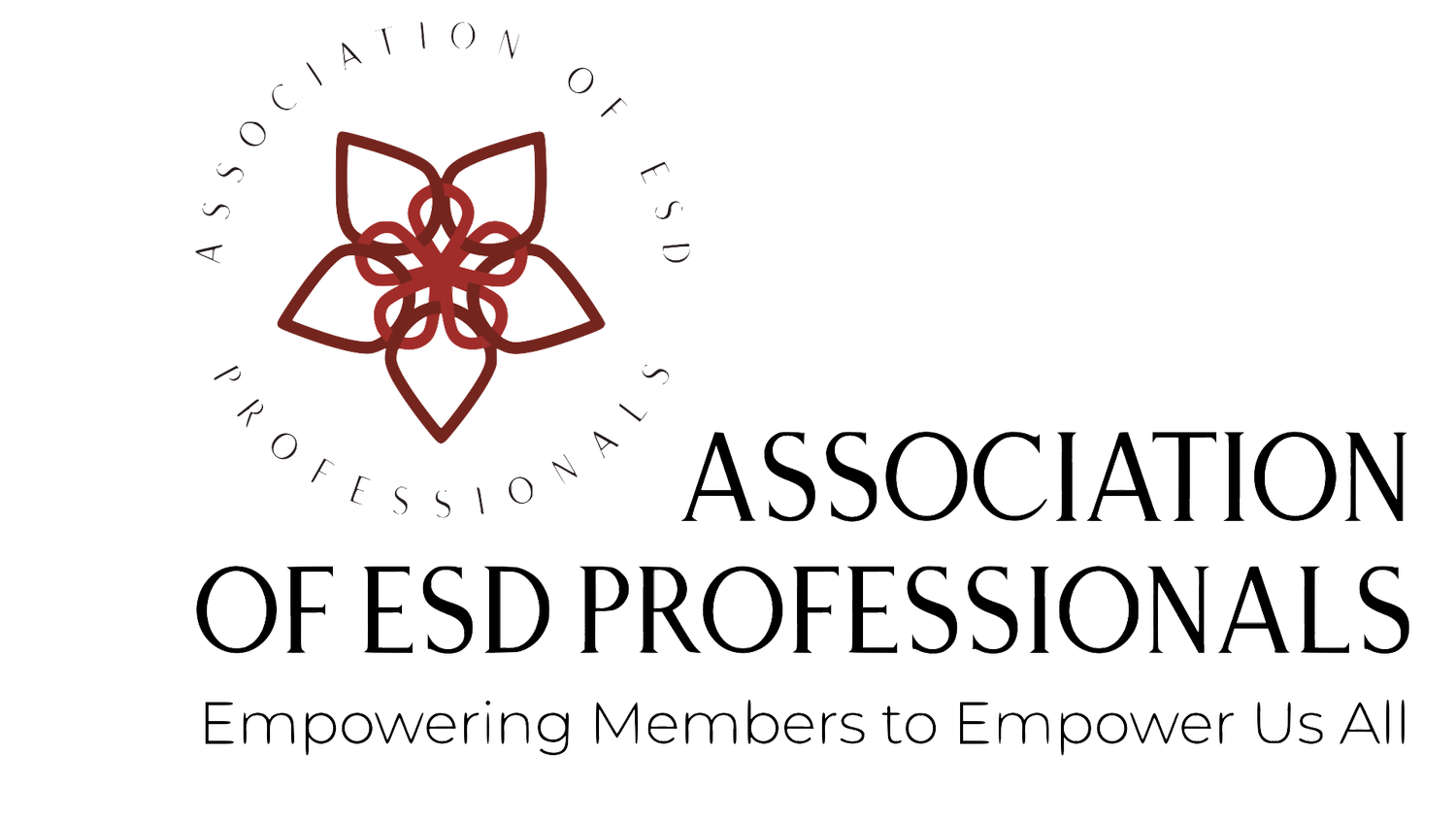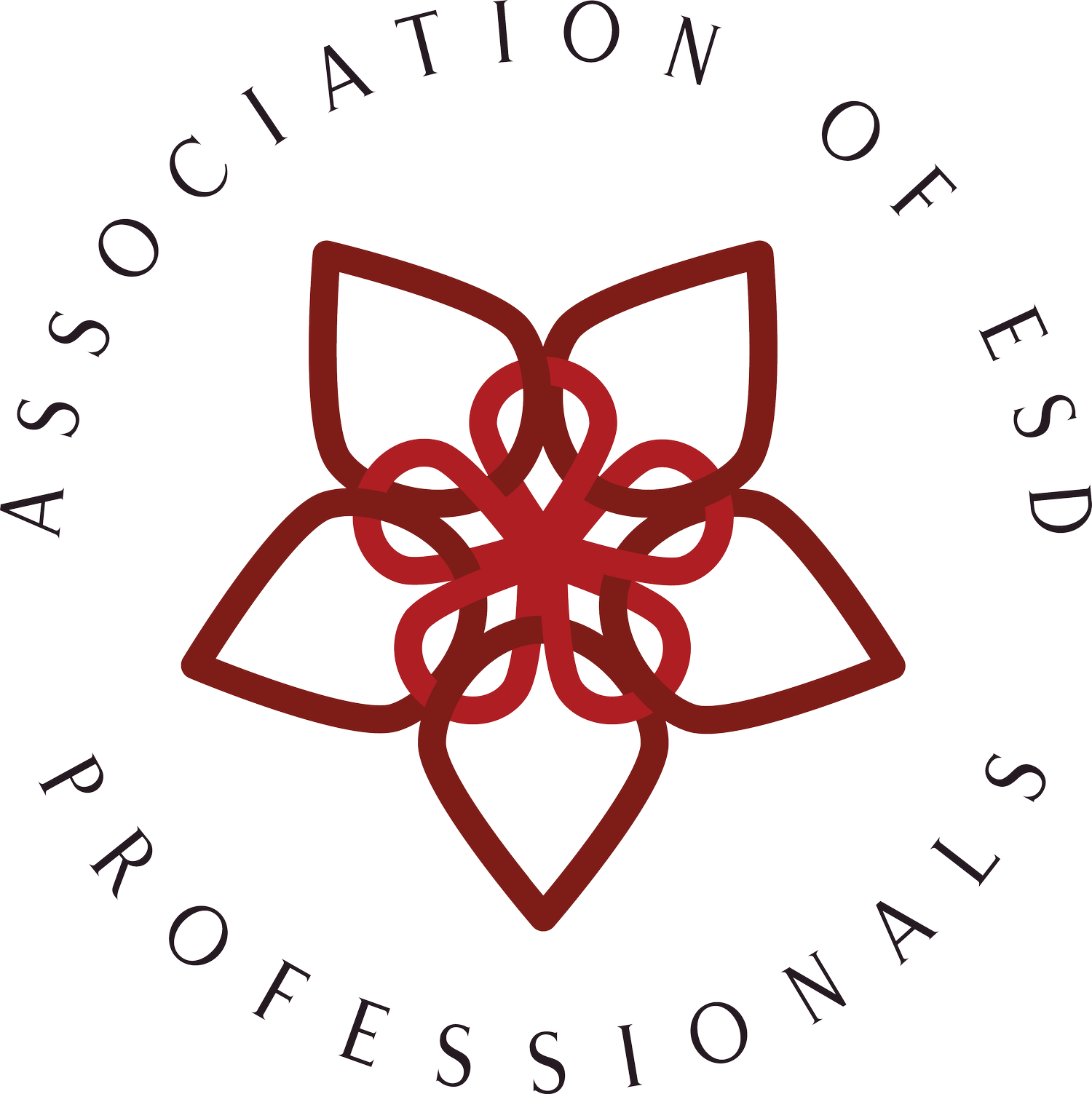Bringing Empowerment Self-Defense to the Philippines
ESD Teacher Training with the Department of Education
When you have the attention of 25 regional representatives, you need to instill a sense of responsibility and accountability in creating change. Traditional organizations often adopt a “tick-and-flick” mentality; once a training is over, it's back to business as usual, and participants are liable to forget about all the incredible things they might accomplish with their newfound knowledge.
With our ESD ToT (Trainer of Trainers) programs, however, we work with a scale of potential change that has implications for generations to come.
Such was my thinking entering into our March 2023 ToT program, and we must have done something right. This program had amazing energy, with participants sharing that it was one of the best trainings they had ever attended because it was so personal and based on modern wisdom.
On Day 1, we spent around four hours exploring the participants’ personality profiles using the Enneagram method. I have studied this for over 7 years with the addition of a neuropsychological approach. I have found it is one of the best indicators to predict an individual’s ability to understand and navigate their core beliefs so that they can defend themself and make changes using the ESD framework. Next, we focused on some basic philosophical foundations; Your circle of Influence (Steven Covey) and Know Thyself (Socrates) in responding to stressful and unwanted situations.
The workbook for the ToT comprised 111 pages (significant if you follow numerology), where participants are asked to reflect deeply on their role in implementing ESD in the workplace and schools. Essentially, I asked the group, “If YOU can't create change, who can?”
There was silence in the room. They couldn't point fingers. They knew they themselves had the power. They were the change makers.
How it Began
Angel Ysik and I began working together in 2021 with ESD Global on a project to expand ESD into much more of the Asia Pacific. Angel is based in the Philippines and has a strong network of contacts across Asia, making it possible for us to connect with organizations interested in providing teacher training to their staffs. I am based in Australia and brought to the team many years of experience building programs and delivering training. Together, our complementary skillsets enriched our capacity to make connections in the Asia Pacific landscape and allowed us to do what we love and make a real difference.
Unfortunately, in August 2022 ESD Global had to step back from the project. And so, after working together for 18 months, Angel and I decided to continue the work on our own. We had already achieved so much, it would have been a tragedy to give it all up.
The things that inspired us to introduce the methodology of Empowerment Self Defence (ESD) into the Asia Pacific region have held strong since 2021, despite the many challenges of applying a new approach to self-defense.
ESD provides a memorable, easy-to-learn framework to help people recognize signs of abuse and respond in real time—before tension, arguments, and other dangerous situations escalate. We believe prevention is better than cure, for obvious reasons and because the rehabilitation of abuse victims is costly, and a privilege.
Forging Ties with the Department of Education
In 2021, Angel had contacted the Department of Education in the Philippines through her mutual connections. We got on a Zoom call and discovered that our mission to reduce gender-based violence (GBV) was aligned with theirs.
We were invited to offer an introductory ESD session online. Last time I checked, the video of that training had amassed over 60,000 views on Facebook. We did a second webinar centered on celebrating the Department of Education's female staff members for International Women's Day. This webinar was also a success, compelling the Department of Education to extend their agreement with us to bring ESD into their Gender & Development Department—the first initiative of its kind.
Despite four false starts to organize a trainer of trainers (ToT) for staff, we continued to “trust the process.” Fast forward to March 2023, when we could finally announce that the Department of Education had gotten the green light to fund a three-day ToT, flying their regional managers from all over the Philippines into Cebu for the program.
The Department of Education committed to this training based on their Republic Act No. 11313, which guides their role in bringing attention to gender-based violence (GBV) issues. They take GBV very seriously, and our ToT was the first time they engaged a foreigner (me) to facilitate this type of training.
Angel and I are proud to have achieved a profound milestone through our combined expertise, professionalism, and dedication.
A Heart-Centered Culture: Teaching ESD in the Philippines
Filipinos are known to be gentle, warm, friendly, welcoming, and optimistic and will go the extra mile to make you feel safe, happy, and helpful. They are taught early on the value of pagmamalasakit sa kapwa, or how to show concern and empathize with others. When Filipinos sense that somebody is carrying any burden, especially if that somebody is a friend or family member, they will try to help as much as possible.
Moreover, an essential Filipino value is the concept of Bayanihan, which calls for everyone to contribute what they can when any community member is in need, no questions asked. All these traits are beautiful, and we would never want to compromise them.
As we know, however, sometimes people may take advantage of these virtues, and I sought to have open conversations with the members of our cohort about how to preserve these generous qualities whilst also considering what to do when we don't feel safe“contributing” or helping others.
My fascination with human behavior was the driving force to include personal development in the ESD curriculum. I was always interested in how one's mindset can be the difference between destruction and construction. For instance, if someone freely and good-naturedly offers to help a neighbor, that is constructive. On the other hand, if someone is afraid to say “no” to a boyfriend even when they genuinely can’t or don’t want to help, that can quickly fuel a destructive relationship. I knew these themes would be important foundations for introducing ESD into Filipino culture.
Another challenge we had to overcome was how to explain ESD to people who do not speak English as a first language and who come from a culture that is very different than that of ESD pioneers. Prior to the ToT, I dedicated approximately six months to creating a living workbook with over 200 PowerPoint slides and a three-day worksheet that takes the participant on a complementary journey to their learning of the principles of ESD. Having 200 slides would typically be overkill, but we wanted the participants have visual references for all the key concepts shared, as English was not their first language. This was a carefully considered decision, and it proved very helpful in conveying the course information.
A Different Approach
So, how do you teach ESD and assertiveness in a culture where saying no is rude and could get you into moral trouble?
The first step was to clearly establish that it was not the responsibility of any one person in the room to create cultural change. Second, our group came to the conclusion that in order to achieve collective change, each of them also needed to be the change they wanted to see. Third, we clarified that class participants did not need to suddenly change their cultural tendencies and stop helping others. Instead, I invited them to ask themselves if they could find ways to say no because they wanted to—without feeling guilty or ashamed because of social expectations.
This kind of change takes time. And, it requires practice and the support of like-minded individuals who can remind one another that they have the right to respond in ways that honor their immutable right to feel safe.
The three-day ToT was filled with games and activities based on the ESD methodology, including information on ESD theory and trauma-informed teaching, adult pedagogy, myth-busting, and conversations about future steps. The Filipino culture is centered around family and togetherness, and having fun. I loved how our participants could joke around, dealing with serious topics with both empathy and a strong sense of humor that might appear inappropriate in many Western cultures.
The participants gained deep personal insights into their personality and blind spots, giving them knowledge of why some people push their buttons and get away with it.
Real Results
I observed many points of growth in our participants through the personal development training. Below I will share a few changes that especially caught my attention:
They realized they don't have to accept extra tasks outside their working hours and will implement ESD strategies to maintain those boundaries.
They discussed ways they could handle setting subtle boundaries in the workplace.
Many came up to me and spoke about their personal struggles and how they came to realize that they were not doing anything wrong.
They now have the resilience to deal with unwanted situations with family members and friends.
They learnt to forgive themselves for not knowing better, and to embrace their idiosyncrasies.
They realized that the behaviors others criticized make them who they are, and so are actually a gift.
They understood their blind spots better and felt more in control when interacting with others.
They shared how they can overcome their own stressors and unwanted situations in their personal life.
What's Next?
We will fly back to Cebu in September to participate in IMPACT and ESD trainings. In the meantime, all the graduates are part of a mentorship group, and if they need extra support, they know they can reach out to me.
We have three more trainings to facilitate in May, June, and July. We are using our graduates to help assist in the training to support their growth and be part of the process. In this way, we hope to achieve one of the core goals of capacity-building in the Asia Pacific Region.
Thank you to Yudit for her support, faith, and encouragement, and thank you to everyone for taking the time to read this.
Author: Antonella Spatola
Editor: Toby Israel
Photo: Courtesy of Author
About Antonella
Antonella Spatola is the founder and instructor of training business, Wisdom For Women - ESD Australia. She also supports ESD instructors across the Asia Pacific region to promote their work within their communities, delivering training and promoting ESD to the global community as first-hand preventative methods against violence.
She has a B.A.in Psychology, is a professional mediator in conflict resolution, a behavioural therapist, and a personal coach. She teaches ESD in schools, community groups, corporations and government departments. Antonella trains online and in person in Brisbane. She is also a certified Wing Chun Kung Fu instructor and is training to become a Lead Instructor with IMPACT Personal Safety. She has over 20 years of teaching ESD experience with her combined knowledge in psychology and has trained in New York, London, Hong Kong, and Israel. Antonella has distilled her mastery of martial arts and understanding of human psychology into her passion for ESD.
Stay connected with Antonella on Instagram, and follow the growth of ESD Asia Pacific here.
Would you like to share about your ESD work, or do you think a certain ESD organization should be featured? Reach out at toby@esdprofessionals.org about contributing to the Association of ESD Professionals blog!


